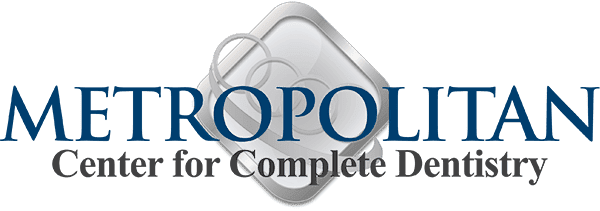A cavity is a small pit or hole in the enamel of your teeth. Although it may start small, it can grow more significant if you do not seek treatment. Cavities are a form of tooth decay, which will continue to destroy your tooth. As the cavity grows, it will burrow deeper into your tooth until it reaches the nerves and blood vessels. Once this happens, you may need a root canal to stop the decay. It is possible for a cavity to cause tooth loss or gum infection.
You might think that cavities are only a child’s issue, but that is not the case. While cavities are common among children, adults are susceptible to getting cavities as well. In fact, nearly 90% of adults over the age of 20 have had at least one cavity. This means the vast majority of adults have or will have a cavity in their lifetime. The best way to avoid the damage from cavities is to prevent them in the first place.
Regular Dental Visits
On top of your regular oral hygiene routine, you should be visiting the dentist at least twice a year. Studies show that patients who make routine dental visits are less likely to have chronic dental issues. This is because your dentist can identify problems before they cause significant damage to your teeth. Additionally, you will receive a complete dental cleaning at each visit.
Routine cleanings can help get rid of plaque that you are unable to remove during your daily brushings. No matter how good your oral hygiene routine is, you still need dental cleanings. Your hygienist has better tools and better access than you have at home. In addition, they can remove plaque from underneath your gum line, minimizing your risk of gum disease.
Avoid Frequent Snacking
Another way you can minimize cavities is to avoid constantly snacking. When you eat, you leave tiny food particles in your mouth. The bacteria in your mouth feed on the leftover food. Unfortunately, the bacteria create an acid when they consume food. This acid will begin to break down your enamel, causing cavities. The more you snack, the more food particles are in your mouth. Additionally, it increases the likelihood that you will develop cavities.
Rinse Your Mouth
After you eat, try rinsing your mouth. This will help get rid of the food particles in your mouth. You might want to brush your teeth after you eat, but you should wait. Brushing your teeth right after eating can damage your enamel, increasing the chances of developing cavities. If you do want to brush your teeth, you should wait about an hour after you eat. However, rinsing your mouth will achieve the effect you are looking for.
Eat Healthy Foods
One way to avoid cavities is to eat healthier foods. In particular, you should try to minimize your sugar intake. Sugar is what creates the reaction with bacteria to damage your enamel. You can swap out some of your favorite sugary snacks with more fruits and vegetables.
